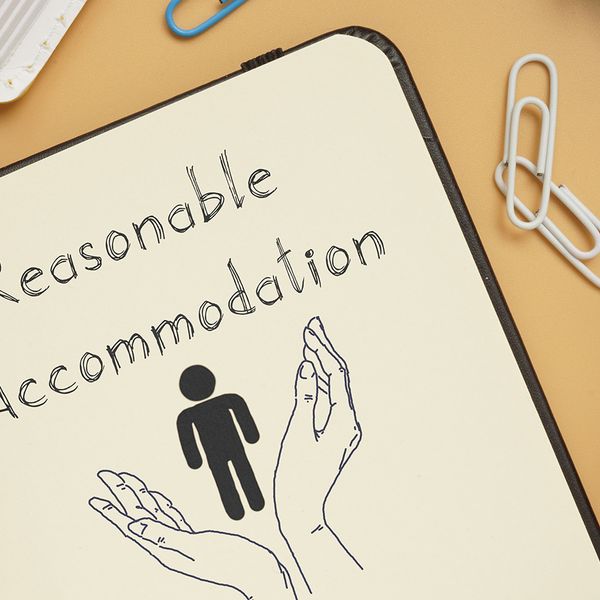Employee gave third party (not employer) RTW date – lost in court
In June 2021, Ibrahim asked for leave under the federal Family and Medical Leave Act (FMLA) to undergo therapy and have surgery for a shoulder injury.
The employer used a third party to administer FMLA leave. The third party reviewed claims and relevant data, made determinations, and conducted ongoing evaluations regarding an employee’s return to work.
In addition to FMLA leave, the company also allowed employees to take an additional 90 days of unpaid time off each calendar year.
Ibrahim sent a doctor’s note to Nicolo, his supervisor, for his June 2021 leave. The note, however, did not state a start and end date for the leave. Nicolo requested an additional doctor’s note with those dates. A second note, sent on June 17, said that Ibrahim could return to work on December 21.
In October 2021, however, Ibrahim sent Nicolo a new doctor’s note with a projected return date of February 2022.
After the 12 weeks of FMLA leave expired, the company gave Ibrahim two 90-day periods of unprotected and unpaid leave until March 2022. Such additional time off can be seen as a reasonable accommodation under the federal Americans with Disabilities Act.
In January 2022, Kristine, the HR Generalist, sent Ibrahim a letter asking when he would return to work. He responded that he intended to return to work and had already provided the doctor’s note with a return date.
In February 2022, however, Ibrahim was diagnosed with tinnitus. He informed Nicolo and Kristine that he was unable to return and didn’t give them an updated return date. Kristine again asked for information regarding his ability to return to work. She also requested medical documentation and inquired about alternative accommodations to help Ibrahim return to work.
After determining that Ibrahim had used up all available leave and still couldn’t return to work, the employer fired him, and he sued.
In court, the question was whether the employer failed to give Ibrahim ADA reasonable accommodations. The court ruled that the employer didn’t fail to do so. The employer gave Ibrahim:
- 12 weeks of FMLA leave,
- 2 additional unpaid leaves of absence, and
- An offer for job reassignment.
These exceeded the employer’s obligations.
Ibrahim, however, argued that he should have gotten more time off per his February 2022 message. The problem was that, as far as the employer knew, the request was for indefinite leave, which, per se, is not a reasonable accommodation.
While Ibrahim gave the third-party administrator a return date, he didn’t give one to the employer. The employer didn’t have access to the third-party administrator’s records, and never learned of the return date sent there. The employer, therefore, could not have unlawfully denied a request that they never received.
Mawari v. Constellis, LLC, et al, Northern District of California, No. 3:23-cv-06029, May 29, 2025
Key to remember: Unlimited leave is not a reasonable accommodation. If employers never receive a return date, they are not liable for not providing additional leave.




















































